“The number of participants alone is a major political achievement,” Deak stated, commenting on the 1.6 million people who have already filled out the Voks 2025 ballot. The lead analyst at the XXI Century Institute said the vote has both a foreign and a domestic policy dimension. From a foreign policy perspective, he said the vote strengthens Prime Minister Viktor Orban’s ability to represent Hungary’s position on Ukraine’s EU membership more firmly at European Union summits. He emphasized this is important because Hungary is under significant pressure — pointing to the Ukrainian spy scandal and threats from Brussels as examples.

In terms of domestic politics, Deak noted that the Tisza Party also launched a poll on Ukraine’s EU membership, in which 1.1 million people participated and 58% supported Ukraine’s accession. That’s why it would send an important political message if over 2 million people return their Voks 2025 ballots. “If participants reject Ukraine’s EU membership, that would be a very strong domestic political response to the Tisza Party’s initiative,” the analyst emphasized. He suggested that compared to previous national consultations, Voks 2025 could easily become one of the most successful votes of its kind.
Voks 2025 enjoys more popularity than most national consultations, which shows that people feel Ukraine’s EU accession is a matter that affects them directly,
he added.
As Magyar Nemzet previously reported, Peter Magyar’s supporters are organizing a mass “yes” vote campaign for Voks 2025. According to Deak, the Tisza Party has a clear political goal: to create the impression that the majority of Hungarians support Ukraine’s EU membership, which aligns with the expectations of the European People’s Party (EPP). He recalled that President Volodymyr Zelensky also referred to the Tisza Party’s vote, claiming it proves Hungarian support for Ukraine’s accession.
It’s no coincidence that reports have emerged of Tisza Party activists campaigning for the ‘yes’ vote, urging as many people as possible to vote that way in Voks 2025. But this is a double-edged sword, because higher turnout could also lend greater legitimacy to the government’s position,
Deak added.



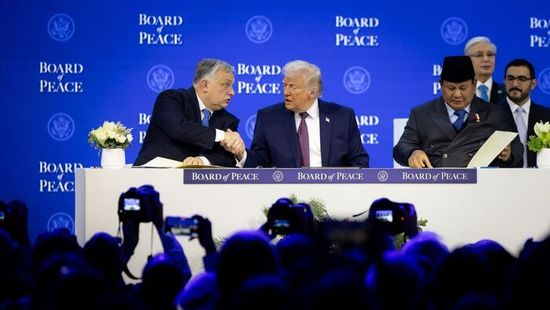


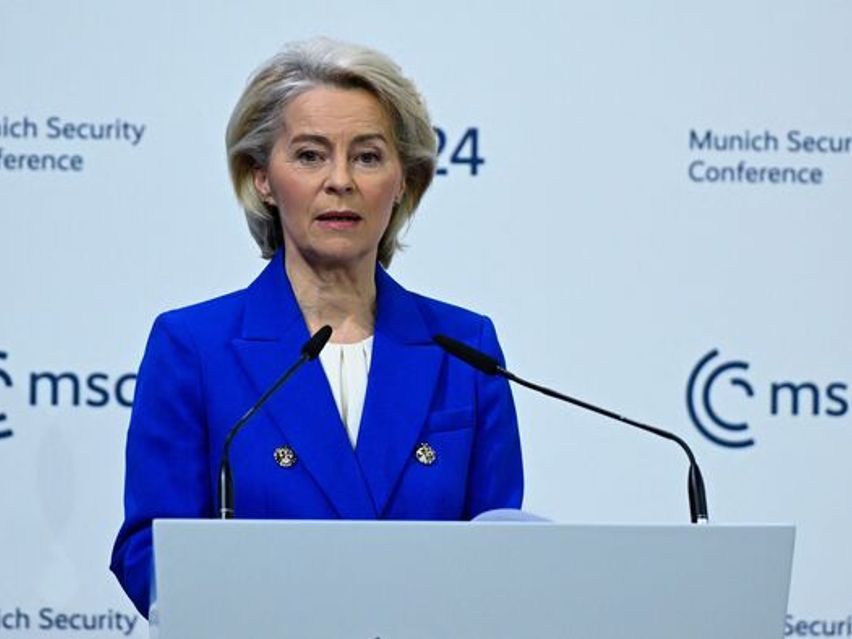


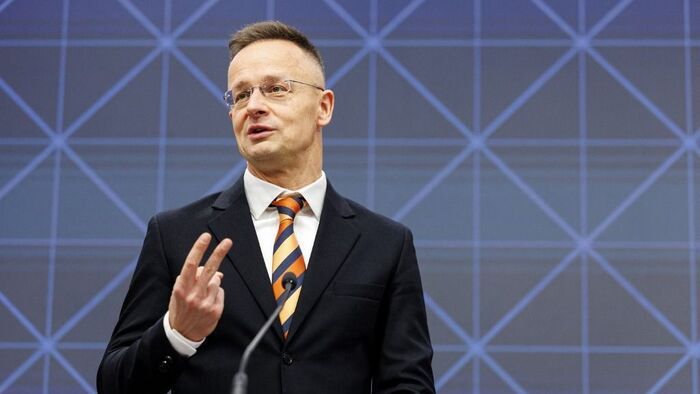





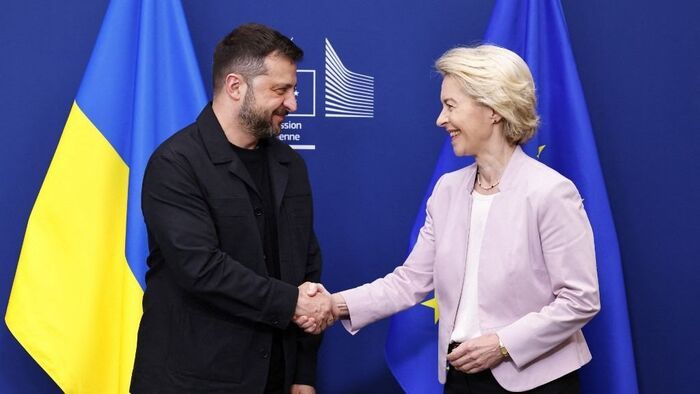
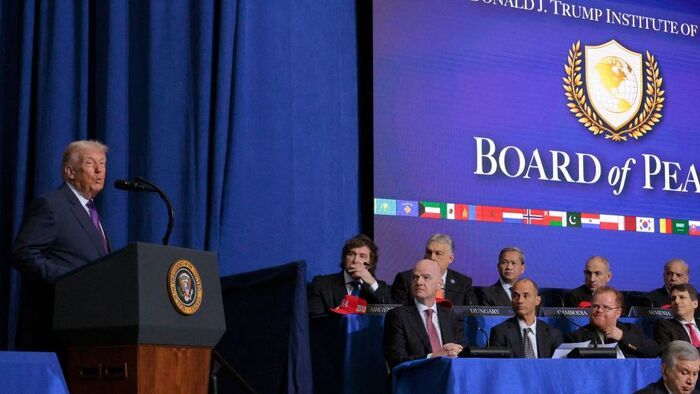




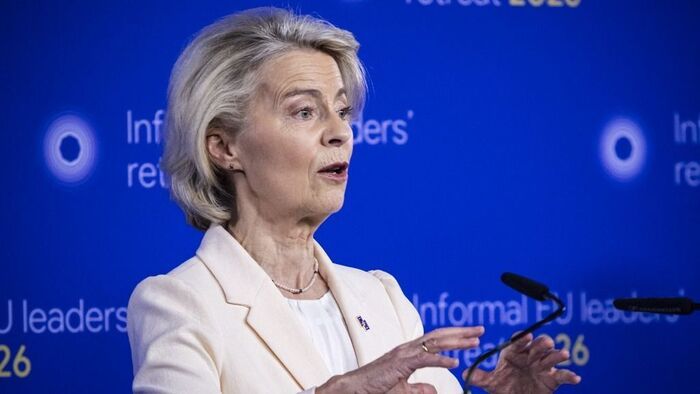

Szóljon hozzá!
Jelenleg csak a hozzászólások egy kis részét látja. Hozzászóláshoz és a további kommentek megtekintéséhez lépjen be, vagy regisztráljon!